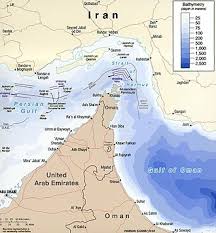Giorgia Meloni: Key Achievements and Challenges of Her Government

Introduction
The political landscape in Italy has undergone significant changes since Giorgia Meloni became the country’s first female Prime Minister in October 2022. Her rise to power marks a crucial point in Italian politics, as she leads with a right-wing agenda that has drawn both domestic and international attention. Understanding her policies and governance style is vital for grasping Italy’s current political climate.
Key Achievements
Since taking office, Meloni’s government has focused on several pivotal issues, including economic recovery, immigration reform, and national security. One of her administration’s notable achievements has been addressing Italy’s economic challenges post-COVID-19. The Italian GDP has shown signs of recovery, prompting positive reactions from both investors and the public, as her government implements strategic reforms aimed at boosting employment and supporting small businesses.
Moreover, Meloni has taken a firm stand on immigration, aiming to strengthen border controls and reduce illegal immigration. Her government has increased funding for naval operations in the Mediterranean, a move that has been both praised and criticized. Advocates argue it enhances national security, while opponents contend it does not address the root causes of migration.
International Relations
In terms of foreign policy, Meloni’s government has emphasized strengthening ties with allies while maintaining a critical stance toward Russia, particularly in light of the ongoing conflict in Ukraine. Her administration has committed to providing military support to Ukraine, reinforcing Italy’s position within the European Union and NATO.
Challenges Ahead
Despite her administration’s achievements, Meloni faces significant challenges. Public discontent regarding inflation and the high cost of living poses ongoing threats to her popularity. Additionally, her coalition government—comprised of various parties with different agendas—faces pressure as they navigate complex political dynamics.
Conclusion
The significance of Giorgia Meloni’s leadership cannot be understated. As she continues to steer Italy through a period of economic uncertainty and social change, how she reconciles her government’s contrasting ideologies will play a pivotal role in determining the future of Italian politics. Observers note that her administration’s effectiveness in addressing these challenges will be critical in shaping public perception and electoral outcomes in the forthcoming elections. For citizens of Italy and international watchers alike, Meloni’s policies offer a lens into the shifting sands of European politics in the 21st century.









